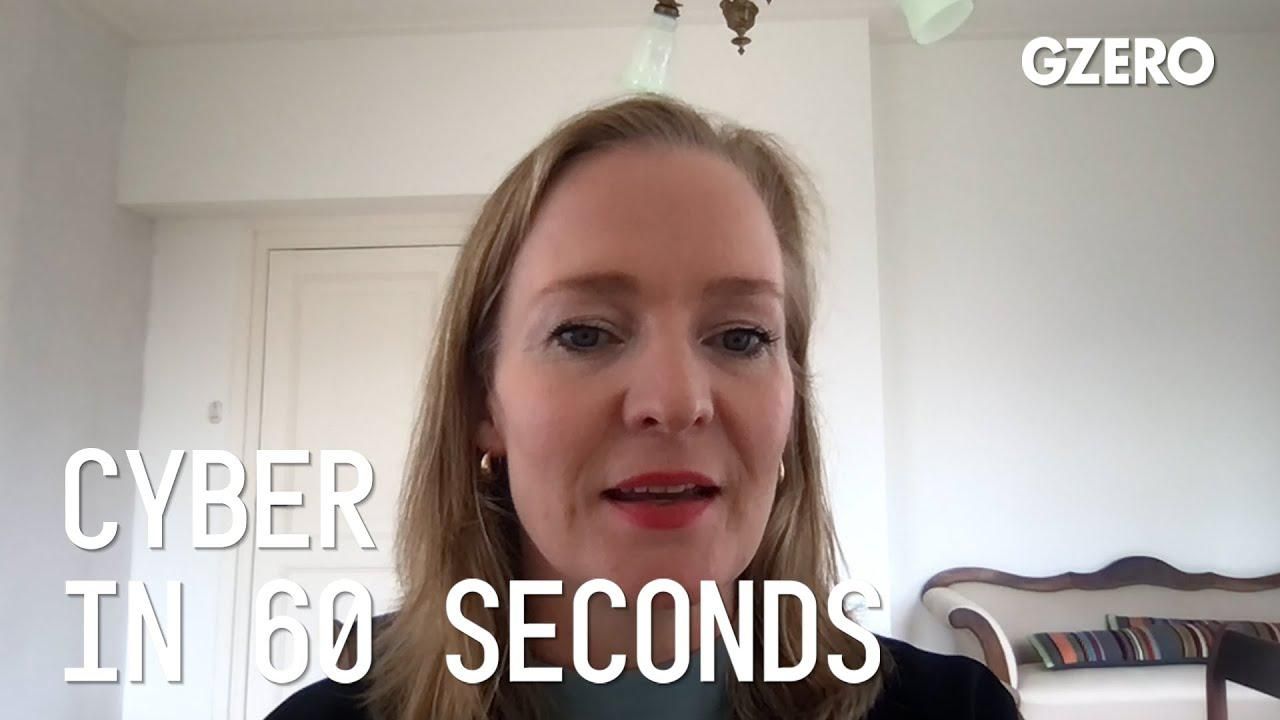Cyber in 60 Seconds
Can China limit kids’ video game time? Risks with facial recognition

Placeholder | Cyber In :60 | GZERO Media

Marietje Schaake, International Policy Director at Stanford's Cyber Policy Center, Eurasia Group senior advisor and former MEP, discusses trends in big tech, privacy protection and cyberspace:
China is to ban kids from playing video games for more than three hours a week. But why and how?
Well, controlling the time that kids spend online fits in a pattern of growing paternalism from a state that wants to control its population in every possible way. This time around, the gaming industry is made responsible for enforcing the time limits in China that foresee in a true diet of gaming; one hour per day on Friday, Saturday, or Sunday. And of course, children are vulnerable. Protecting them from addictive and violent activities can be a very wise choice that parents want to make. There are also laws in a number of countries that limit advertisements that target children, for example. But whether the latest restrictions on gaming in China will work or instead will inspire a young generation to learn of clever circumvention remains to be seen.
With US agencies looking to expand the use of facial recognition tech, what are the security concerns?
Well, I see moral, legal, and operational concerns around the mass deployment of facial recognition systems. For one, they do not always work accurately and even if they do, privacy rights are at stake for all. But with false positives, innocent people end up being targets. And there's a real risk of mission creep. Black men specifically but other minorities more generally, end up being particularly vulnerable to the bias, misidentification, and abuse of facial recognition systems. So from the point of view of their safety, these systems should not be used.
Xi Jinping has spent three years gutting his own military leadership. Five of the seven members of the Central Military Commission – China's supreme military authority – have been purged since 2023, all of whom were handpicked by Xi himself back in 2022.
In this episode of GZERO Europe, Carl Bildt examines how an eventful week in Davos further strained transatlantic relations and reignited tensions over Greenland.
In this episode of "ask ian," Ian Bremmer breaks down the growing rift between the US and Canada, calling it “permanent damage” to one of the world’s closest alliances.
For China, hitting its annual growth target is as much a political victory as an economic one. It is proof that Beijing can weather slowing global demand, a slumping housing sector, and mounting pressure from Washington.